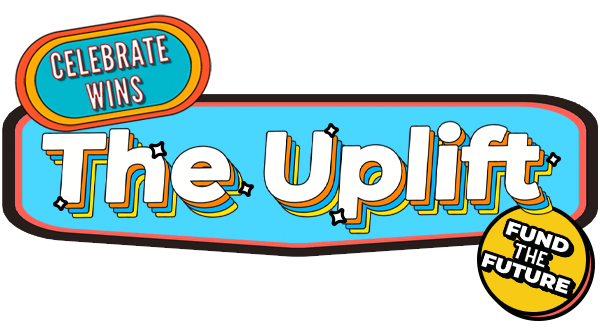
Antón Castellanos Usigli
Antón Castellanos Usigli is a 22-year old Psychology student at the Universidad Iberoamericana (Ibero-American University) in Mexico City. He studied the Diploma in Human Sexuality of the Mexican Association for Sexual Health.
Antón is the Founder and General Coordinator of the “Congreso Morelense Interescolar sobre Sexualidad Humana” (www.sexualidadmorelos.com), a Human Sexuality Conference that gathered high schools of Cuernavaca, Morelos, Mexico to promote scientific and human rights-based sexuality education. Being a 19-year old youth, he organized the First Conference at the Tec Milenio University (March 3rd-March 7th 2008) with the participation of more than 450 students from four schools. It was inaugurated by Eusebio Rubio, WAS President, and David Sánchez Camacho, a Federal Deputy. The Second Conference, Learning for new realities, developed through March 9th-13th 2009 at the National Institute of Public Health. This project directly benefited 14 student classes in Cuernavaca with 53 human sexuality lectures (plus workshops, movie-debates and real life testimonies) delivered by 28 first-level specialists. At the 19th WAS World Congress for Sexual Health in Gothenburg, Sweden, Antón presented the work: “Congreso Morelense Interescolar sobre Sexualidad Humana”. Promoting comprehensive sexuality education at high schools in Cuernavaca, Morelos, Mexico: The experience of a 20-year old psychology student.
Antón was a State Representative of Morelos in the First National Encounter about Discrimination based on Sexual Orientation and Gender Identity, organized by the National Council to Prevent Discrimination.
He also was a member of the Mexican Organizing Committee for the First World Sexual Health Day, and he is a Member of the 2010-2012 Board of the Mexican Association for Sexual Health. Antón is the Proponent and Co-Author of the Youth Initiative of the World Association for Sexual Health (WAS).




